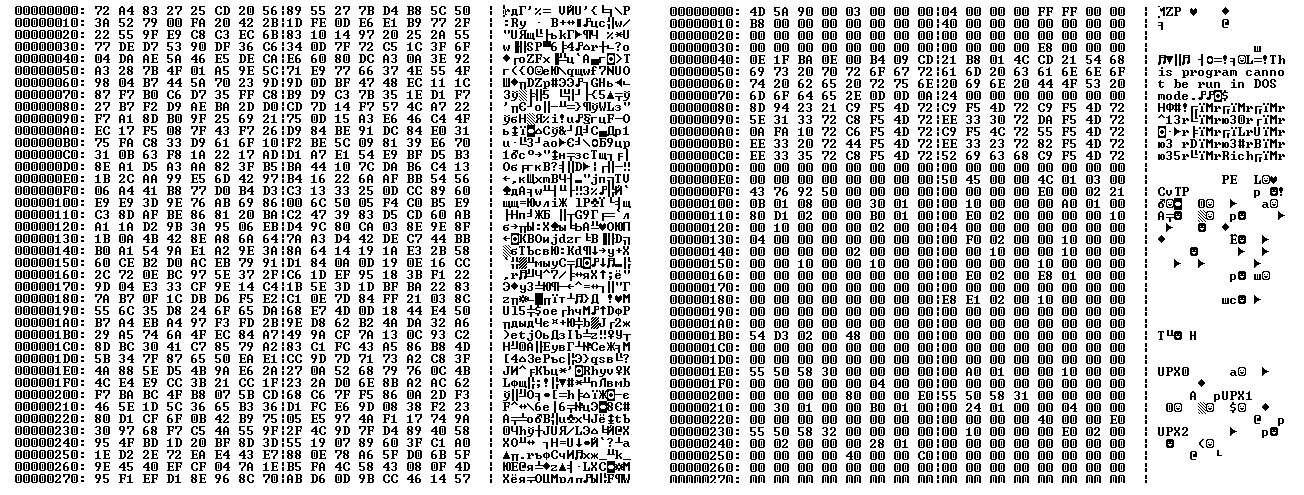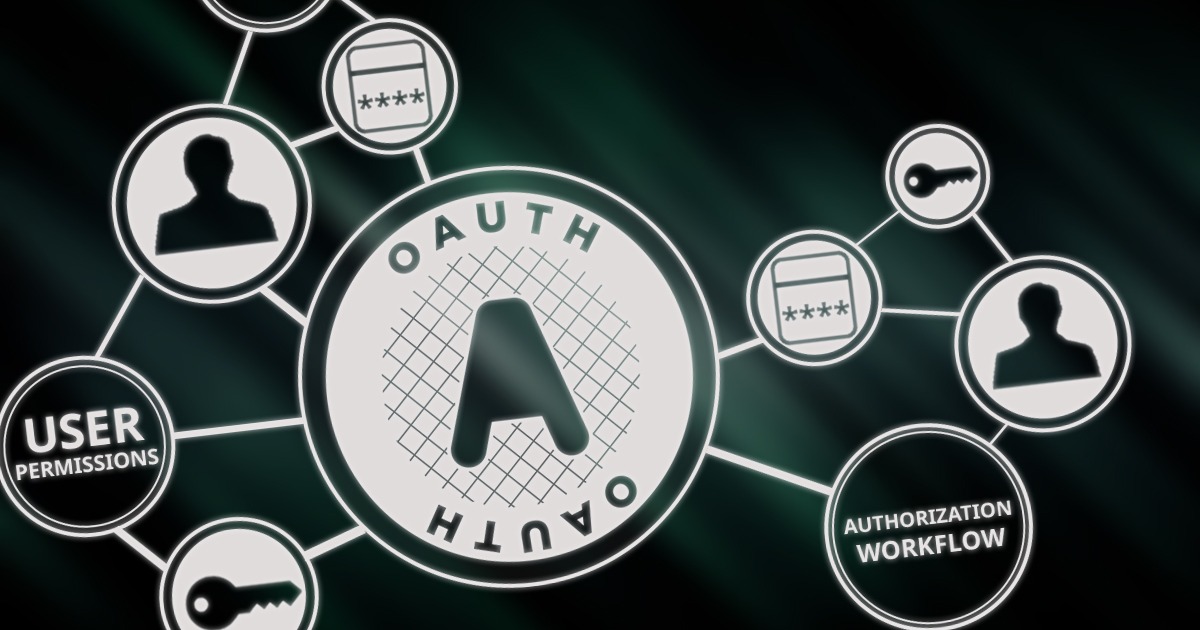When talking about international intelligence-sharing agreements, things can get complicated fast. Don’t worry—we are going to quickly walk you through the key information about the Five Eyes, Nine Eyes, and Fourteen Eyes Alliances (9*14).
These alliances may pose a risk to your privacy, but we’ll tell you exactly what you need to do to protect your data and keep your online activity anonymous.
What Is the 5-Eyes Alliance?
The Five Eyes Alliance arose out of a cold war era intelligence pact called the UKUSA Agreement. This was originally an intelligence-sharing agreement between the United States and the UK aimed at decrypting Soviet Russian intelligence.
By the late 1950s, Canada, Australia, and New Zealand had also joined the Alliance. These five English-speaking countries make up the Five Eyes Alliance as we know it today. The intelligence-sharing agreement between these five countries has only strengthened over time, as it has extended to surveillance of online activity.
For many years, this arrangement was a well-kept secret between the five nations. Its existence wasn’t discovered by the public until 2003. Things started to become clearer in 2013 after Edward Snowden leaked a number of documents that he obtained while working as an NSA contractor.
These documents exposed widespread government surveillance of citizens’ online activity and contained evidence that the international intelligence-sharing network is more extensive than previously thought.
In addition to the core nations of the Five Eyes Alliance, the existence of two other international intelligence-sharing agreements has been confirmed. These two agreements, known as the Nine Eyes and Fourteen Eyes Alliances, may not be as tight-knit as the Five Eyes Alliance, but they still have wide implications for internet privacy.
Here is a brief breakdown of each of the three Alliances:
Five Eyes: US, UK, Canada, Australia, New Zealand
Nine Eyes: Five Eyes + Denmark, France, Holland, Norway
Fourteen Eyes: Nine Eyes + Germany, Belgium, Italy, Sweden, Spain
The Nine Eyes and Fourteen Eyes Alliances are essentially extensions of the original Five Eyes Alliance. While these countries may not all share as much information with each other as the Five Eyes Alliance, they still actively and willingly participate in international intelligence-sharing.
In addition to these confirmed alliances, it is also worth mentioning another handful of countries that have been caught or suspected of exchanging information with the Fourteen Eyes Alliance.
Third Party Contributors: Israel, Japan, Singapore, South Korea
How Can This Affect VPN Users?
The intelligence-sharing practices of these countries have wide implications for internet users and VPNs in particular. It is safe to assume that if any of these 14 nations gains access to your data online, your data can then be shared with other countries.
It all comes down to who has jurisdiction over your online activity when you are using a VPN. There are several layers to consider.
Is it your physical location? The server location? Or the VPN provider’s business location? If you really want to be safe, it is best to know the laws and practices of all three.
Knowledge is Power
You need to be aware of the online laws and regulations of the country you live in. For example, is VPN use even legal in your country? In most cases, the answer is yes, but not always.
Another important consideration is the country where your VPN provider is registered as a business. It is strongly recommended that you do not choose a VPN provider based in a country associated with the Fourteen Eyes Alliance if you are concerned about online privacy.
Depending on the country it is based in, your VPN provider could be forced to hand over information to the government about its users. This data could then be shared with other countries in the alliance. You may not even know that your privacy has been breached.
If you want to be extremely cautious, you should also be familiar with the surveillance practices of the country where the server you are using is located, regardless of the VPN provider’s business location.
Why No-Logs Policies Are Important
The many ways that VPNs can fall under the jurisdiction of various governments is why the best VPNs for privacy have strict no-logs policies. This means that they do not retain any kind of identifying information about their users or their online activity.
A great example of this policy in action comes from the well-known VPN provider ExpressVPN. A Turkish police investigation that involved an ExpressVPN user tried to compel the provider to hand over identifying data.
Despite their best attempts, authorities were unable to find any identifying information due to ExpressVPN’s strict no-logs policy.
As comforting as this story is, there are also known cases of VPN providers claiming to have a no-logs policy who then gave out users’ sensitive information to government authorities.
It may not be enough for a VPN provider to claim to offer a no-logs policy, particularly for VPN providers that fall under the jurisdiction of countries in the Five Eyes, Nine Eyes, and Fourteen Eyes Alliances.
Summary
Online privacy is becoming a bigger concern for internet users as international surveillance practices grow larger and more effective. There are many reasons to be wary of government powers having access to your data and online activity, particularly when international intelligence-sharing agreements can allow nations to bypass their own privacy protection laws.
We are always trying to provide you with up-to-date information, so you can make informed decisions about your internet activity.
Source: VPNMentor


